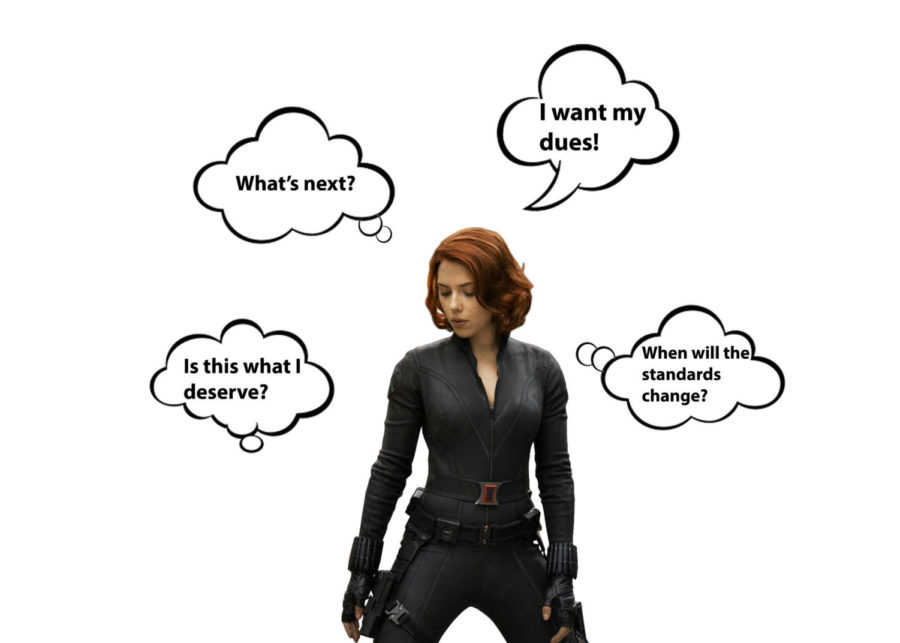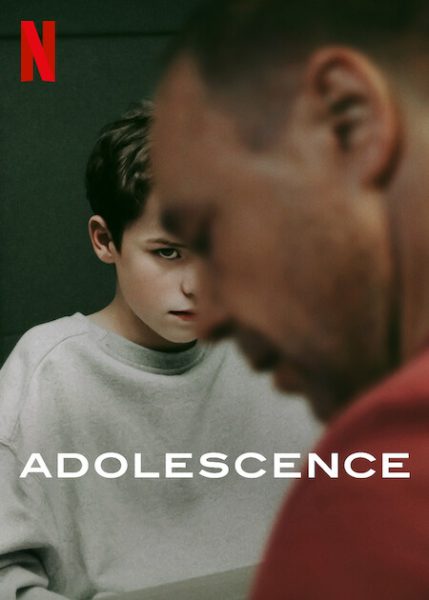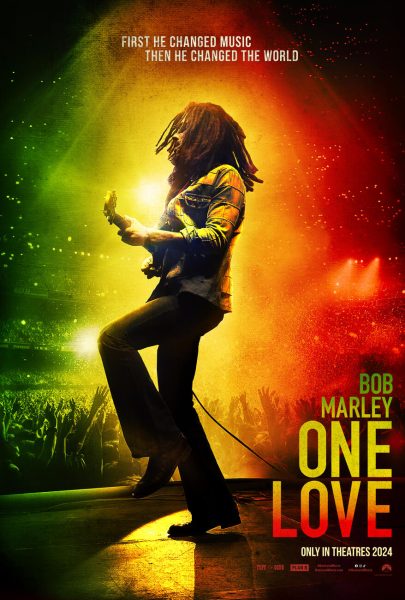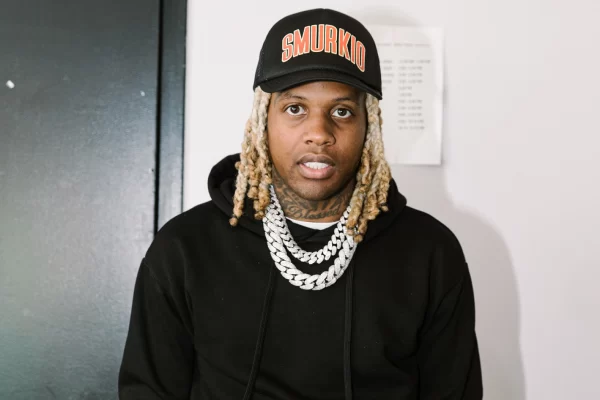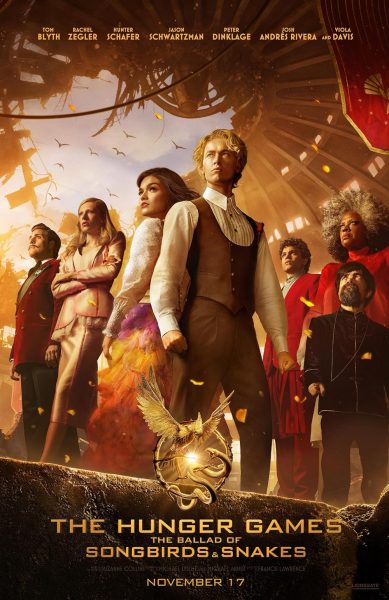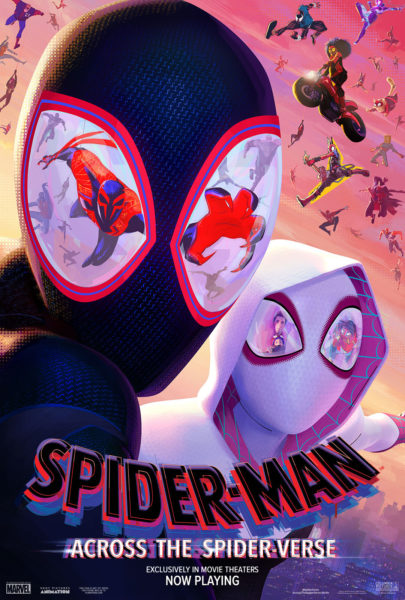Is “Black Widow” over-sexualized?
What does it mean to be a hero? For so many of us, it could mean being brave, courageous, confident or kind. If this is true, then why are our on-screen heroes presented a little differently?
Black Widow (Natasha Romanoff), played by Scarlett Johansson, was first introduced to the MCU in 2010 through “Iron Man 2”. Her character– at the time –was the only woman of a part of the widely known hero group, The Avengers.
Fans constantly want Johansson back on screen, but for some people, she presents an unattainable image of the perfect body and appearance, even while fighting crime.
Naomi Darum from The Chicago Tribune states, “Why are superheroines today allowed personalities, professional lives, cool gadgets, lassos of truth and sassy comebacks, but not rolls of fat, pimples or big noses?”
Writers, directors, producers, and Marvel executives have felt like sexier costumes, prettier hair and just about zero movies for female heroes were the acceptable approach to draw in audiences. Johansson blames the male gaze.
In the comics, Black Widow is seen trying to seduce Tony Stark in her first appearance. In the movies, Natasha is seen at the start of a romantic relationship with Bruce Banner (Hulk), but Johansson notes that the storyline is “again dependent on another man’s desire.”
In 2019, at the release of “Captain Marvel”, the talk about heroines shifted. It was the first solo superheroine movie in the MCU. While the screenplay itself had some backlash, it brought up conversations about how female superheroes have not had many opportunities to shine in their own films.
Originally, “Black Widow” was scheduled to release in 2020, but with the outburst of COVID-19, it was pushed back and released in July 2021. Johansson was asked by Eliana Dockterman (Time Magazine) about why her movie hadn’t been done earlier in her career, she stated, “And I’m like, ‘It couldn’t!’ It was a different climate. I wouldn’t have been able to have conversations [about sexism] with my director and see it actually translate onscreen.”
This movie was monumental in changing the perception of female superheroes. It was also directed by the first solo female director for a Marvel film, Cate Shortland. “Black Widow” opened up a space that people never had seen before, especially from Marvel.
We saw talk about struggles with infertility, objectification, and even human trafficking. The choice of taking these risks paid off.
“Little girls, in particular, deserve the same chance to be forever imprinted with these kick-butt, female-led images as any boy.”[John Wenzel] and, “But if “Black Widow” is a sign of things to come — new directorial voices, grittier tones, feet (at least sometimes) on the ground — it’s a promising new direction.” [Jake Coyle]
So, even though Black Widow may have been sexualized in the past, Marvel is moving toward a more progressive future for their female superheroes.

